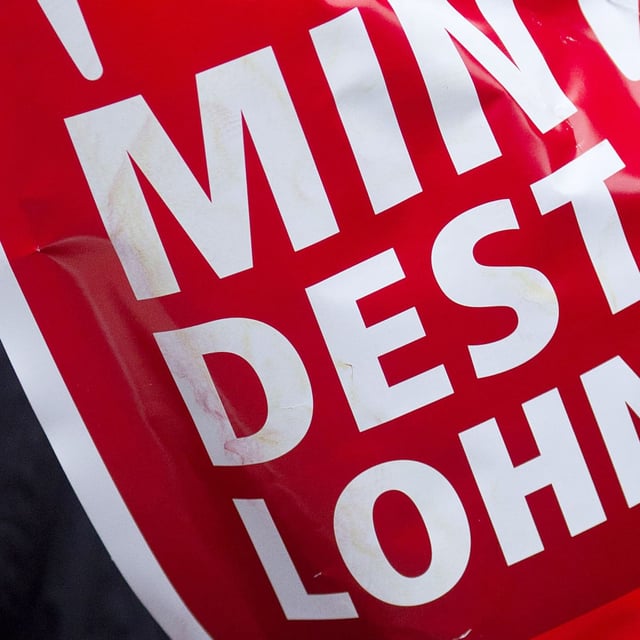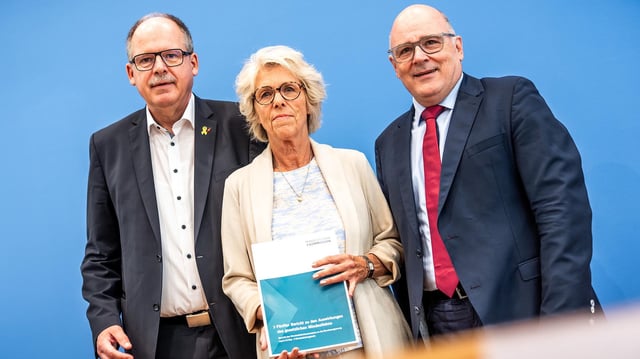Overview
- The independent Minimum Wage Commission voted unanimously on June 27 to raise the statutory rate from €12.82 to €13.90 on January 1, 2026, and to €14.60 on January 1, 2027, after chair Christiane Schönefeld’s mediation broke a stalemate.
- In its recommendation the commission weighed the Federal Statistical Office’s tariff index alongside the EU requirement that minimum wages reach at least 60 percent of the median full-time income to ensure a poverty-resistant level.
- Labour Minister Bärbel Bas hailed the decision as proof of effective social partnership and committed to a rapid implementation via regulation without parliamentary amendment.
- The two-stage increase delivers an 8.4 percent raise in 2026 and a further 5 percent in 2027, translating into around €190 more gross per month in the first year and €310 in the second, with collective wage gains estimated at €5.7 billion.
- Left-wing lawmakers condemned the outcome as inadequate and demanded a legal floor of €15 per hour, while eastern German employer associations warned that higher labour costs could threaten jobs.



